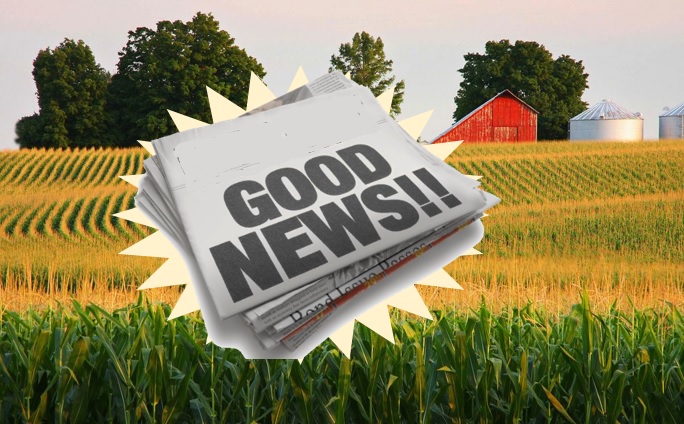Major Ag Win: CAT Technical Fix Passes in Special Session
The Oregon Wheat Growers League joins its partners in celebrating a major win for agriculture today, with the passage of agriculture-specific fixes to the Corporate Activity Tax (CAT). The Oregon Wheat Growers League has been working with Legislators and coalition members over the past two years and finally saw culmination of those efforts with adoption this week of CAT Technical fixes, with bi-partisan support. The League appreciates the passage of the CAT Technical Fix during the 2020 first special session. The technical fix is a step towards mitigating further harm to farm and ranch families under the CAT. Importantly, the technical fix bill addresses the following key elements: a fix to crop insurance payments to ensure that they are not treated as gross receipts under the CAT, a fix to the cost of goods calculation, and clarification for certificate options for bulk commodities where in-state and export sales are commingled.
What do these fixes include?
Crop Insurance Fix: The technical fix avoids adding to the hardship of a disaster during a time when funds are necessary to address recovery. Crop insurance is a critical risk management tool for Oregon Wheat producers. Specifically, it helps those with covered crops in times of loss due to drought, wildfire, or other disasters. When producers receive payments for a covered loss, those payments help reduce financial loss and ensure the financial resources to plant next year’s crop. However, crop insurance does not cover all financial loss. Taxing a loss would have added further hardship to producers.
Cost of Goods Sold: The cost of goods sold calculation fix ensures producers who are using a cash basis accounting system can operate on a level playing field for the calculation of ‘cost inputs’ for the purposes of qualifying for the 35% subtraction from tax liability under the CAT.
Commingled Commodities Certificate: The fix bill creates a resale certificate to calculate tax liability for commingled commodities. In order to qualify for the out-of-state sales exemption, a farmer must obtain certification from the wholesaler at the time of sale to show that the product is leaving the state. However, in some instances, the ultimate destination of the product at the time of sale is unknown, as is typical for commingled commodities. The fix provides producers with a clear and simple process to certify out-of-state sales of agricultural commodities, clarifying that when a certificate is unavailable from a wholesaler or broker, a taxpayer can use the industry average as determined by the USDA National Agricultural Statistics Service.
Oregon benefits from the continued production on a farm, far more than it would from taxing a percentage of a producer’s insurance payment received as the result of a major loss. Producers need relief from the CAT and the technical fix provides one mechanism to reduce the harm to producers.
The changes go into effect 91 days following adjournment (September 25, 2020). We anticipate additional rulemaking by the Department of Revenue to update accordingly.
Disclaimer: Articles featured on Oregon Report are the creation, responsibility and opinion of the authoring individual or organization which is featured at the top of every article.


